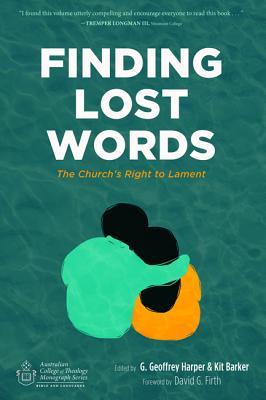I have a lot of thoughts.
Positively. This book wasn’t as bad as the introduction and first chapter or two led me to believe it would be. This is why it took me so long to read. It was ridiculousness at the beginning but the fact that the various authors, especially those outside of SMBC, don’t seem to have communicated much with those inside of SMBC means that the crazy of the SMBC authors isn’t found in every chapter.
The book’s foreword includes this quote:
“It is heresy because it functionally denies the reality of the experience of so many, refusing to allow them to voice their pain as an act of worship.” (xviii)
This is not a position to take in your introduction. Especially when the book isn’t really positing this statement or making this argument. It’s unnecessarily confrontational and in a forward isn’t backed by argument. It really sets the tone for the book in a bad direction.
On page 2 we see this:
“Sexual preference means that fidelity to God will entail a celibate life and years of loneliness.” (2)
This is given as a reason that reality might fail to match our “assurance, power and confidence” rhetoric in the church. I, as a 32 year old single man, had a strong reaction to this.
I thought: I’ll never get through this book at this rate. Really? Years of loneliness is the best you can offer someone. Sure there can be sadness but people need to be pointed to victory and not left wallow in their misery. And also if singlenesss means years of loneliness and nothing else you’re failing as a church and it’s not because you’re singing about victory and assurance. You’re looking in the wrong direction to find the source of the problem.
As I read chapter one I noted, beyond the definition of lament Psalm not being clear:
As I read the sorts of descriptions of the church that are given in this chapter it seems to me that the churches described are not necessarily biblical faithful and thriving churches but more along the lines of name it and claim it, and emerging churches and that sort of thing.
To then come to those churches and say your problem is you lost lament comes across as suggesting the best thing to do with raw chicken isn’t to cook it, but put mustard on it and then feed it to the flock.
Overall my conclusion in reading this book, especially the chapters by authors from SMBC, goes something like:
If the book was aimed towards your standard, God-fearing, Bible reading church instead of a caricature the impact of the argument might be better felt. As it is, it honestly comes across like some weird sub-culture in Christianity that doesn’t want to deal with sin and grace and the actual issues of the church, but would just sit around and mope.

